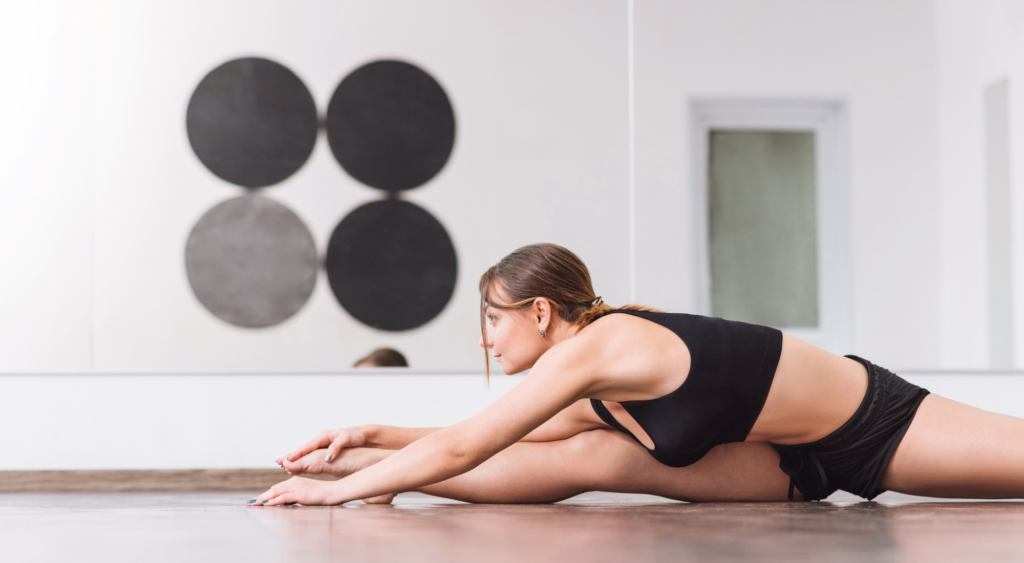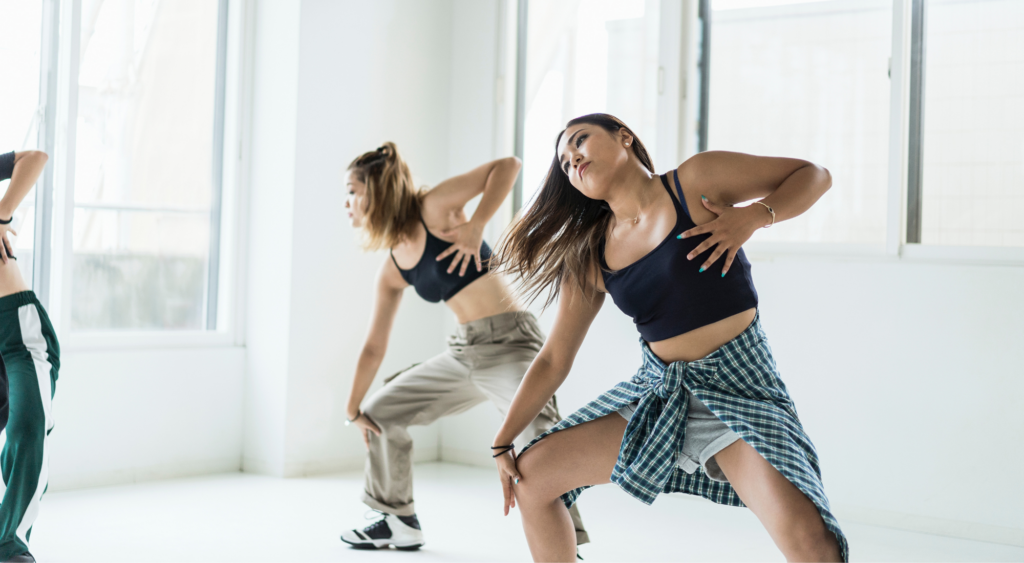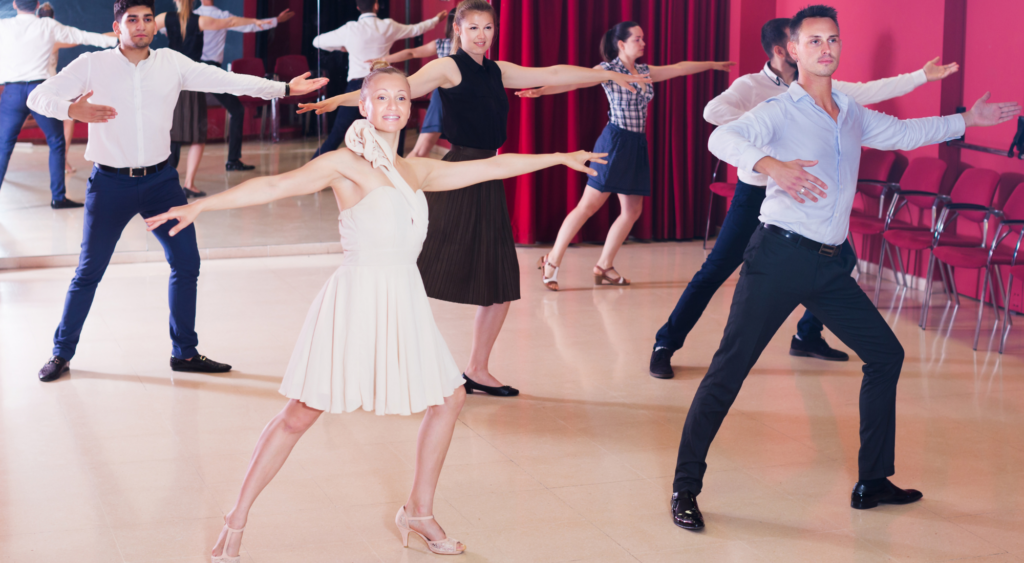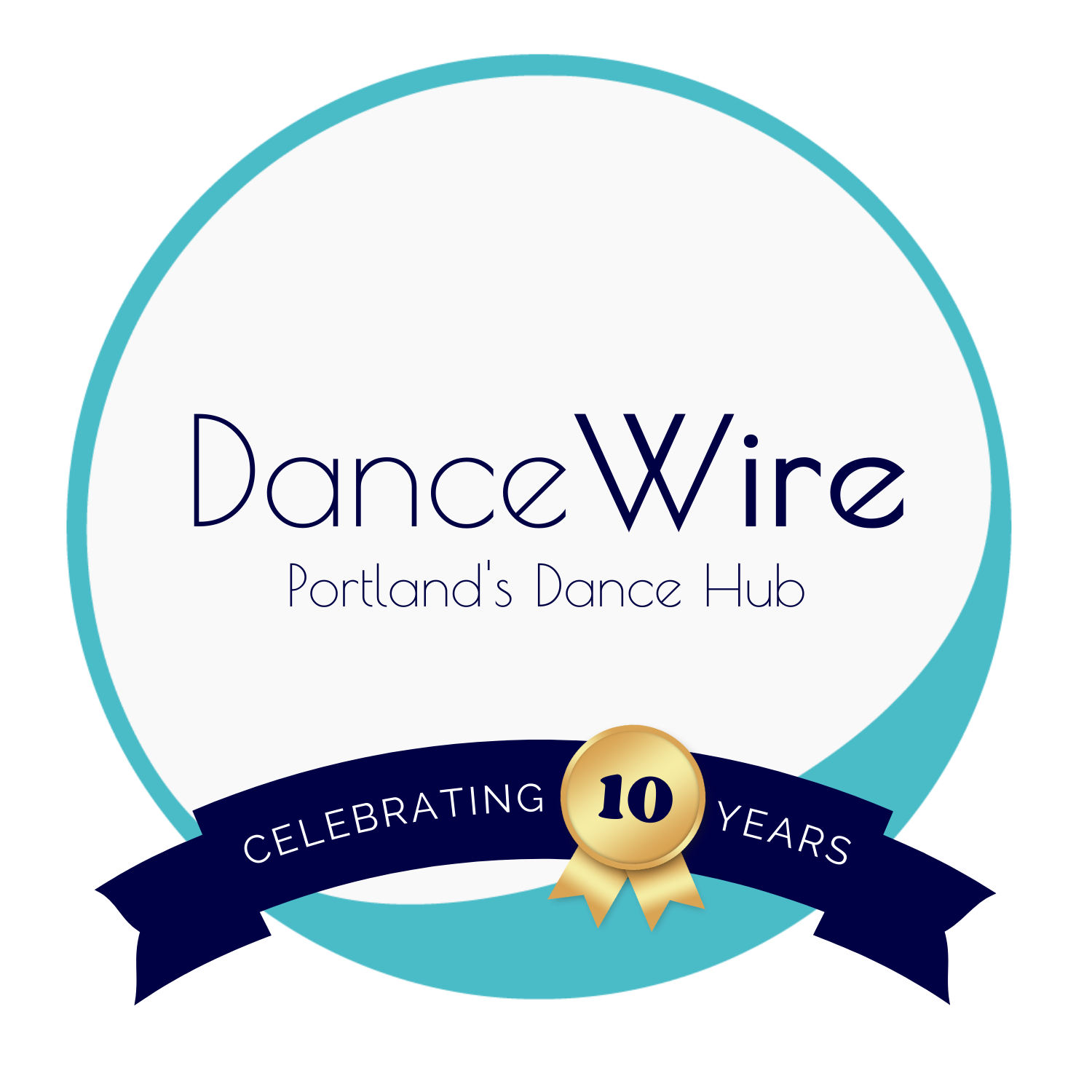You have loved to dance since you learned to walk. Music and rhythm bring out the inner parts of your soul.
Maybe lately you’ve been dreaming about turning what started as a hobby into a full-time career.
But you’re wondering how hard is it to become a professional dancer? And how long does it take?
Table of Contents
- Defining “Professional” Dancer
- What Does It Take To Become a Professional Dancer?
- Our 5 Tips on How To Become a Professional Dancer
- Dance Wire: Join the Network That Keeps Portland Dancing & Helps Aspiring Professional Dancers Reach Their Full Potential

Defining “Professional” Dancer
First things first. The definition of “professional” can be a hotly debated topic, and many people feel uncomfortable with the term entirely. Some people prefer terms like Dance Workers or Working Dancers. Here we will define “professional” as someone who centers their career around dance or someone who has achieved a high level of expertise in dance.
What Does It Take To Become a Professional Dancer?
Dance is for everyone. It brings joy through creative expression and movement. Plus it’s just downright fun.
But for a select group, it’s more than that. For some people, the passion to take it to the next level and turn it into their career is undeniable.
So what does it take to become a professional dancer? In short: a lot of hard work. Like legendary choreographer and dancer, Debbie Allen, said in her role as New York City High School for the Performing Arts dance teacher Lydia Grant:
“You got big dreams? You want fame? Well, fame costs. And right here is where you start paying — in sweat.”
Fun Fact: Not only do we love Debbie Allen, our Founder Emily Running was her personal Pilates trainer when she lived in LA!
How Long Does It Take To Become a Professional Dancer?
It is a common misconception that you have to start dancing when you are age 3 to become a professional. We wholeheartedly reject that! Don’t be discouraged or apologize if you discovered dance later than some – you’re not alone, we promise.
Your path to professional dancing may be longer or shorter depending on your end goals, access to resources, and the style of dance you’re interested in among other factors. The key is training to a high level of expertise.
What Education Is Needed To Be a Professional Dancer?
You don’t necessarily need a formal education — such as a college program or time at an academy — to become a professional dancer. The most important thing is your training.
Training is key to becoming a professional anything, so consistently training at a high level is crucial in your path to pro dancing.
In some dance styles – ballet, contemporary, modern, tap – you might start learning in a studio setting. For others – street styles, bellydance, flamenco – you might start by finding a master or mentor to learn from.
What Type of Training Is Necessary To Become a Professional Dancer?
Depending on your end goal as a dancer this will look different. If you want to do something highly specialized like dance for a classical ballet company or compete at a high level in ballroom dance, training requirements will be more specific.
If your goal is something less specialized like performing on a cruise ship, freelancing, or creating your own artistic work, versatility and experience in a wide variety of techniques may be your best bet.
At the end of the day, having a regular training schedule is one of the most important things to prioritize.
How Hard Is It To Become a Professional Dancer?
We aren’t going to lie — becoming a professional dancer can be really hard. Not only will you need to learn to dance at a high level, but you will also need to learn some business and entrepreneurial skills. But with the right resources, you may find it just a bit easier to navigate a career centered around dance.
At Dance Wire, we’re here to provide you with personalized support and empower you to achieve your dream.
Book a free introductory 1:1 session with us today or read on for some of our tips.

Our 5 Tips on How To Become a Professional Dancer
#1: Define What ‘Professional’ Means To You
First, you must figure out your end goal regarding professional dance. Do you want to:
- Perform with a company?
- Start your own dance company?
- Be a freelancer doing gigs?
- Explore commercial dance?
- Teach dance?
You also need to decide whether to professionally dance full-time or just part-time. Would you like dance to be your main source of income, or is it more about enjoying the art while you make some extra money on the side?
#2: Gain Experience
Once you’ve determined your style(s) of dance and your goal(s), it’s time to get involved with the community!
Seek out professional teachers, take a class, find masterclasses, network, audition, volunteer – whatever it takes to integrate yourself in that world.
This will help you:
- Gain experience
- Learn how the industry works; and
- Meet people who can help you progress
Plugging into the dance community you want to be a part of is key.
#3: Understand the Business Side of Becoming a Professional Dancer
All dance programs teach you to dance. Some dance programs include additional areas of study including dance history, kinesiology, and pedagogy. Very few programs teach you some of the critical tools you’ll need to write grants, fundraise, market yourself, create a budget, negotiate contracts, and more.
Dance Wire is filling a much-needed gap in helping those within the dance community navigate their careers successfully.
Learn How To Market Yourself
Be prepared with:
- Your resume with your career highlights and dance background
- Professional headshots updated with your current look
- A dance reel that showcases your quality of movement and skills
- A simple website or Google Drive Portfolio – for housing the above info
Note: Consider finding an agent if applicable to the style of dance you’re pursuing.
Educate Yourself on Union vs. Non-Union Opportunities
This topic is applicable if your goal is to dance:
- With a large dance company
- On Broadway
- In television; or
- Movies
You may need a union card just to audition for these opportunities, but that will be clearly stated.
Some of the unions representing dancers include:
- Actor’s Equity Association (AEA) — for dancers in American theater (i.e., Broadway)
- American Guild of Musical Artists (AGMA) — for performers in opera and concert dance (i.e., the New York City ballet)
- American Guild of Variety Artists (AGVA) — for dancers in live performances and theatrical revues (i.e., The Rockettes)
- Screen Actors Guild – American Federation of Television and Radio Artists (SAG-AFTRA) — for dancers in TV and movies


#4: Be Flexible — Becoming a Professional Dancer Takes Time
Rome wasn’t built in a day, and neither was any professional dancer’s career. In addition to training, be sure you are taking care of your body (before it gets injured!), consider picking up other skills in a dance-adjacent area – like sewing, video editing, arts administration, and don’t be afraid to think about things like if you want to start a family someday. While dancing is your passion, it’s important to cultivate your other life goals as well.
#5: Network, Network, Network
Do everything you can to infiltrate the setting you’re trying to dance in.
The best way to get into professional dance is to BE in it by any means necessary. That’s one reason Dance Wire is such an important organization. We can connect you with the right people in the Portland dance community and beyond.
Dance Wire: Join the Network That Keeps Portland Dancing & Helps Aspiring Professional Dancers Reach Their Full Potential
Dance Wire is Portland’s dance hub. We’re here to support dance artists achieve their career goals.
Get plugged into the community by signing up for one of our membership tiers — it’s like a hug and a pep talk to keep you reaching for your dreams!


